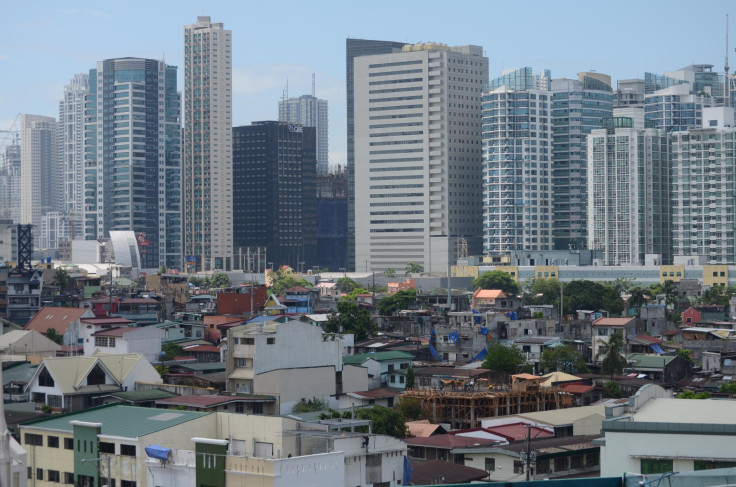Duterte Critic Rappler Editor Maria Ressa's Libel Trial Opens In Philippines

Maria Ressa, the editor of the online news site Rappler, began her trial for cyber libel Tuesday in Manila. If convicted, Ressa could be sentenced to several years in prison. She is an avid critic of President Rodrigo Duterte and was named one of Time magazine's people of the year in 2018 for her journalism.
Critics of the 74-year-old Duterte point to Ressa’s previous indictments on libel and tax evasion as evidence of a deliberate attempt to thwart independent media like Rappler. Ressa told AFP, a global news agency, that "The government hopes to intimidate us by syphoning both my personal time, our resources."
The case has garnered some international attention from the United States and other countries. Madeleine Albright, the former U.S. Secretary of State under President Clinton (1997 – 2001) expressed her views on the case by saying, “Around the world, a new generation of authoritarian leaders is leading a concerted and intentional assault on truth, with serious consequences for journalists such as Maria who are committed to exposing corruption, documenting abuse and combating misinformation”
Another high-profile human rights lawyer, Amal Clooney, who is of British-Lebanese heritage and serves a barrister for the U.K. based Doughty Street Chambers, referred to Ressa as "a courageous journalist who is being persecuted for reporting the news and standing up to human rights abuses."
Clooney, who has gained some fame as the wife of American actor and filmmaker George Clooney, may not be able to offer much more than lip service to Ressa because the charges are in the Philippines, Ressa’s native country, with no foreign jurisdiction.
The bulk of the criticism aimed at Duterte is his commitment to the War on Drugs that has resulted in many deaths. Those outside the archipelago condemn his drug fighting “methods” but he still has strong support inside the Philippines. Duterte has referred to reporters as “spies” and said that some journalists are legitimate targets for assassination.
A pro-Duterte columnist, Rigoberto Tiglao, wrote a blog in 2016 critical of Rappler for not disclosing details of some foreign investments. Duterte has accused Rappler of being “owned” by Americans, funded by the U.S. Central Intelligence Agency and violating the Philippine constitution.
Rappler emerged in 2011, beginning as a Facebook page called “Move.PH”. The Rappler website launched in 2012, with Ressa and about 12 employees. It now employs hundreds of people, has expanded to an operation in Indonesia and boasts a Facebook and Twitter following in the millions.
© Copyright IBTimes 2024. All rights reserved.





















